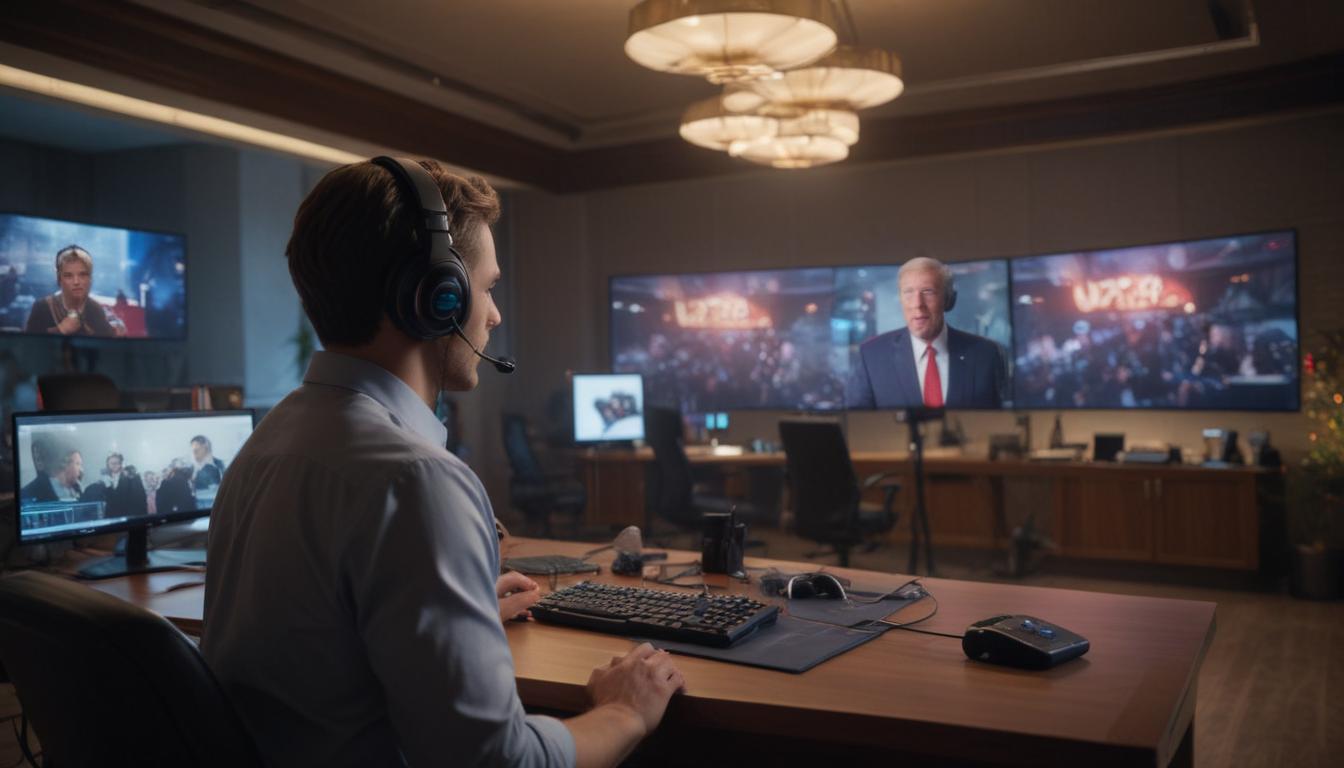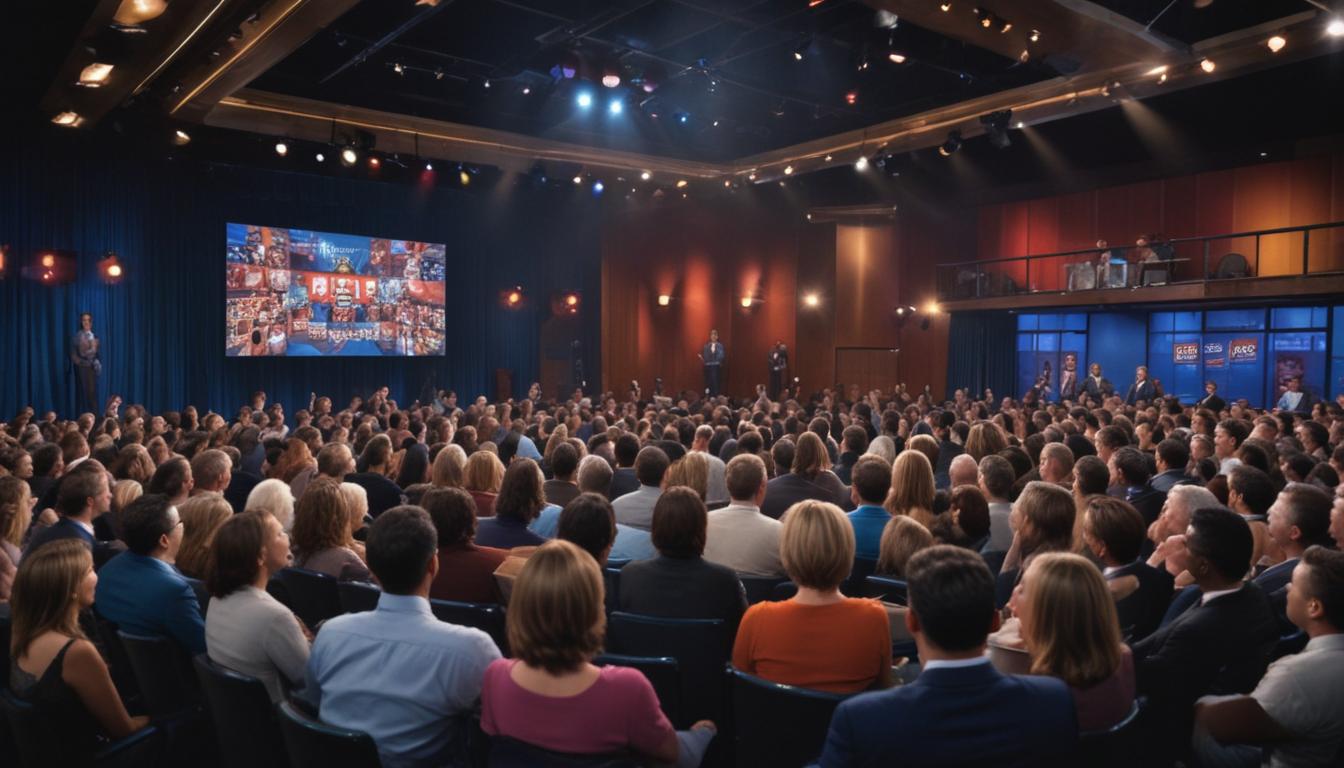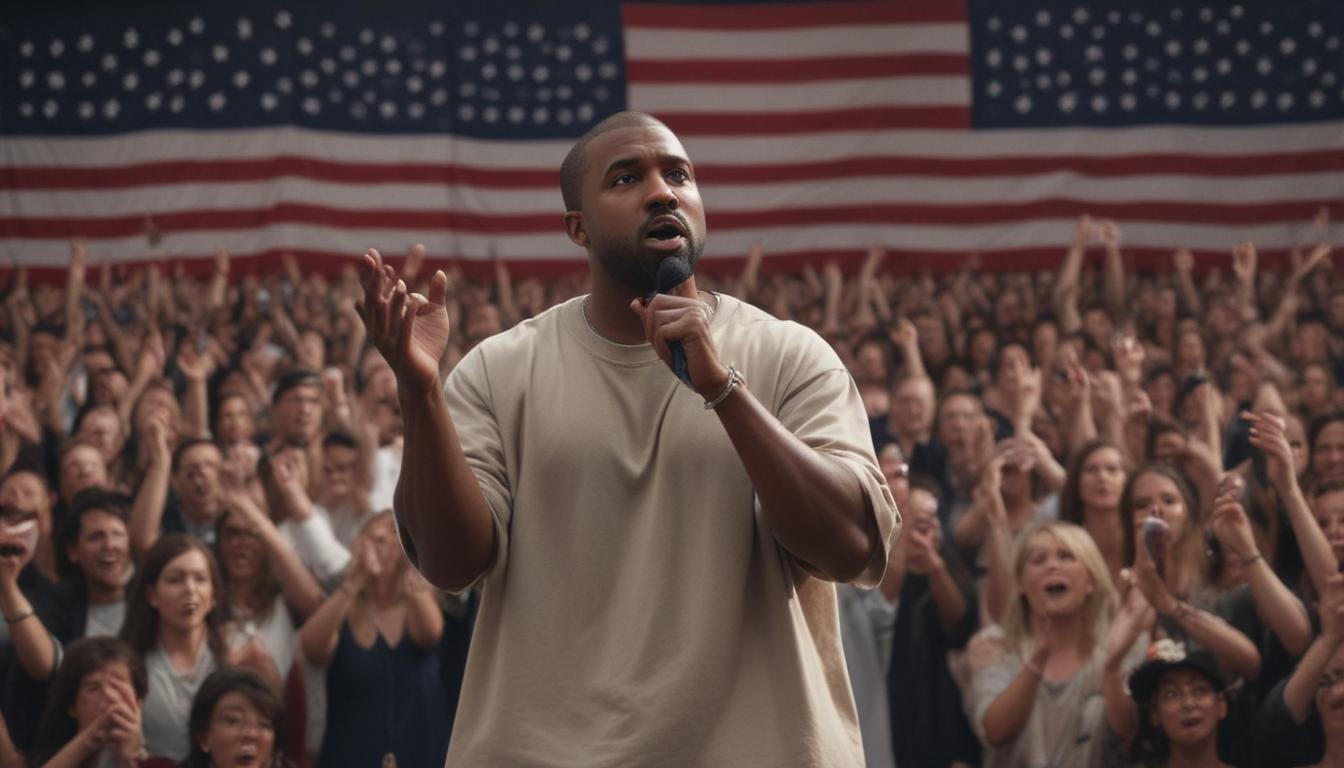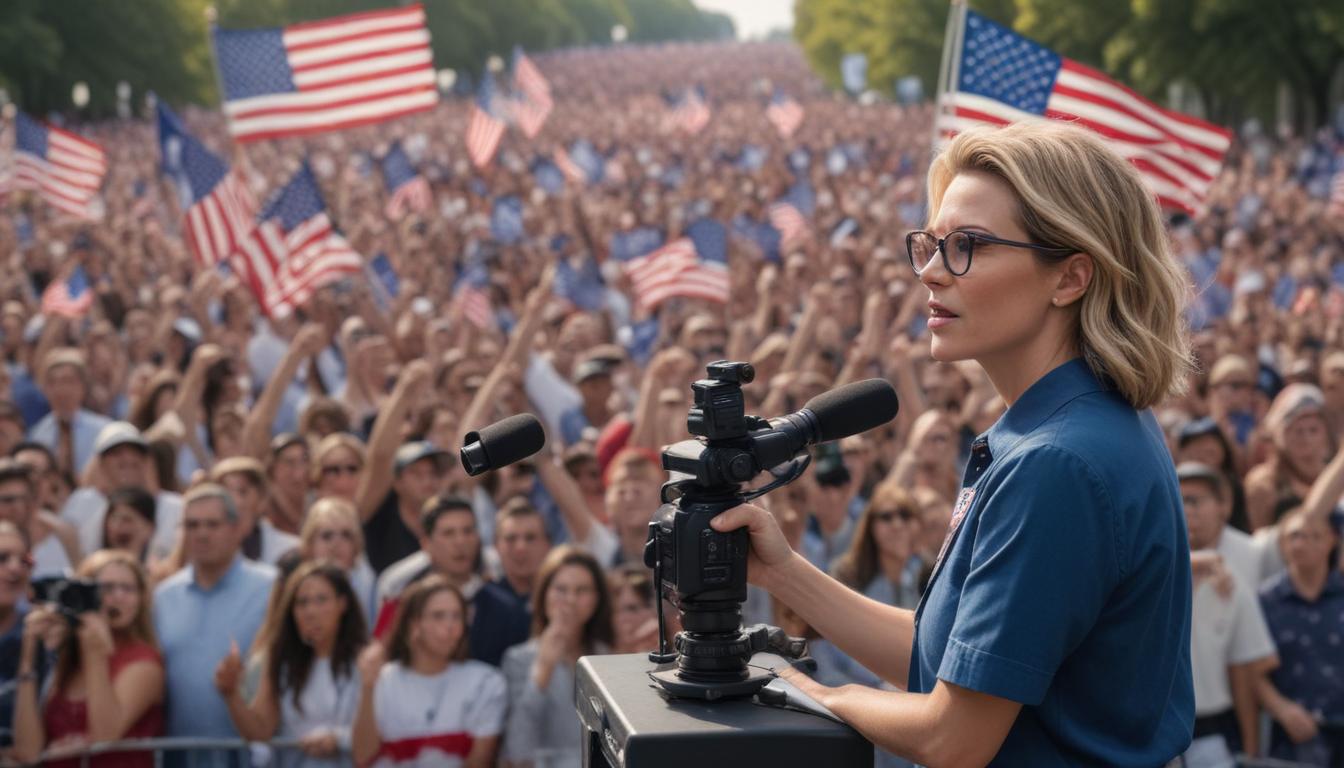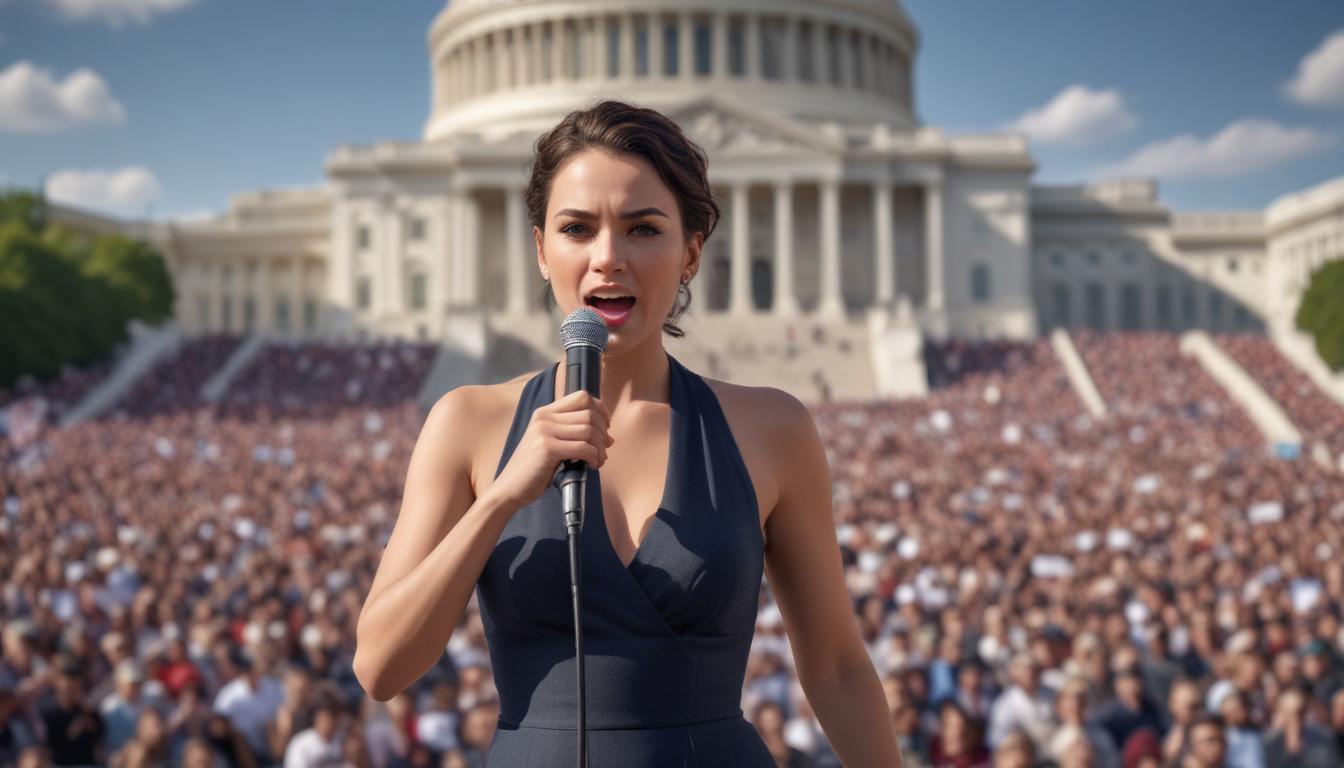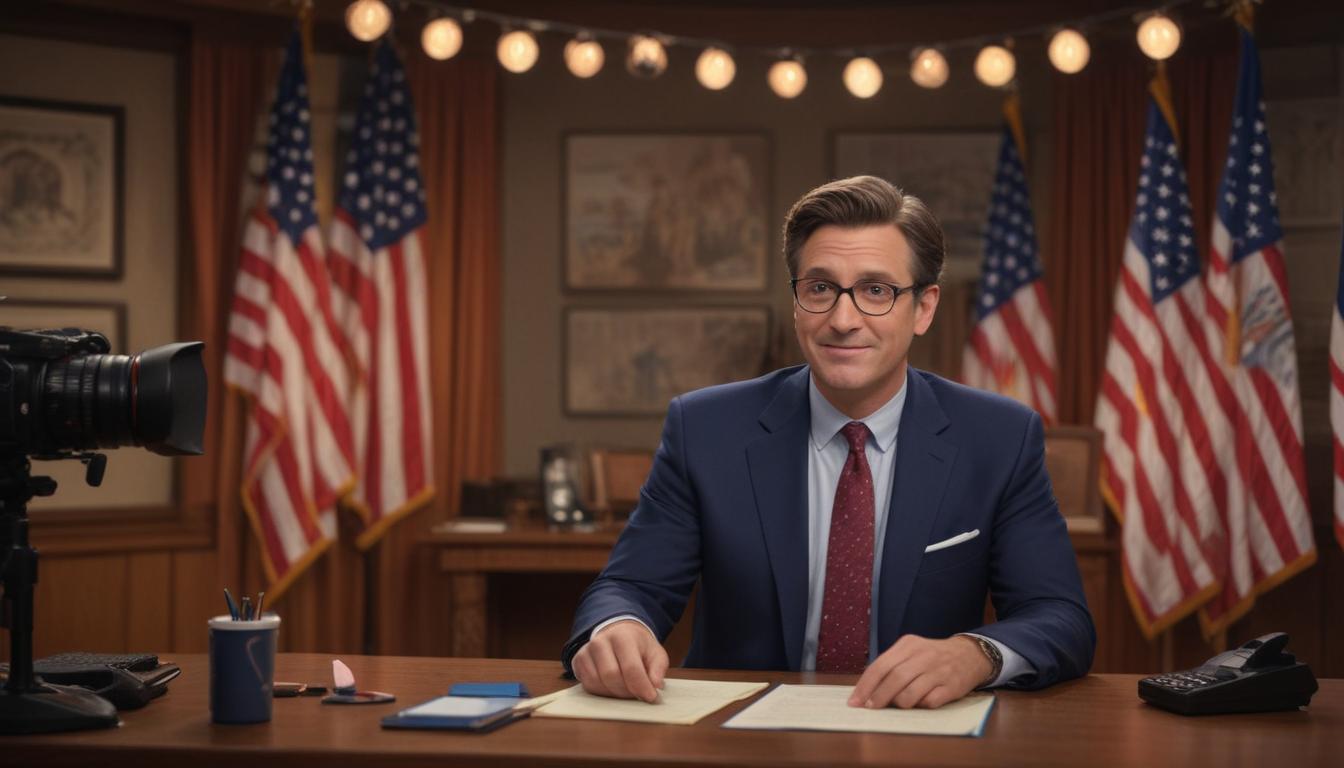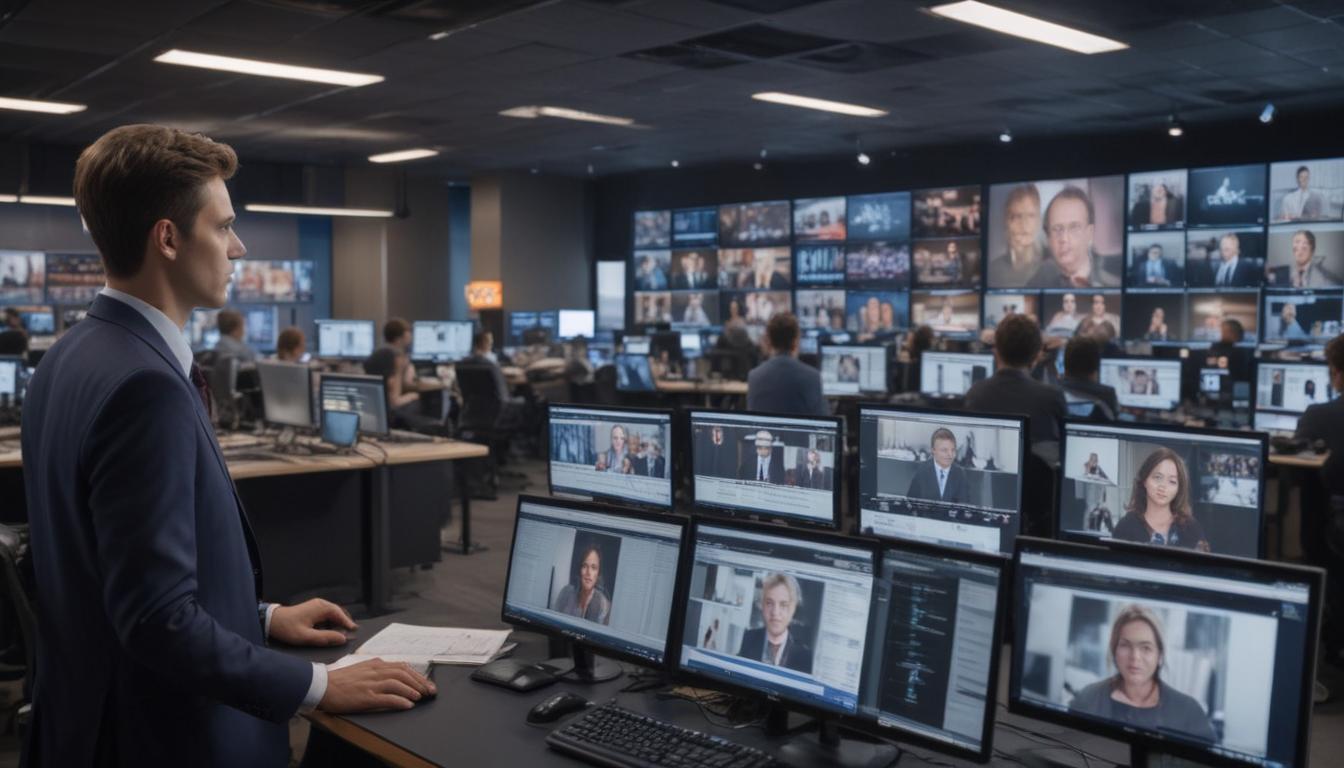When Streamers Meet Politicians: How Viral Debates Are Reshaping Conversations
The Viral Encounter

Imagine the gaming streamer you follow suddenly facing a politician to talk about issues like student loans or climate policy, live on stream. That’s what happened in this viral moment, which immediately captured the attention of millions. The scene? A streamer’s RGB-lit gaming setup with Twitch chat scrolling frantically alongside the debate—a culture clash between gaming and politics in real time.
What made this moment so impactful was its relatability. While traditional debates are polished and scripted, this exchange felt refreshingly raw. The live chat feature brought a whole new level of interactivity, allowing viewers to weigh in with questions as the debate unfolded. For many younger viewers, this was their first time seeing political discussions in a digitally-native format they actually enjoy.
It’s clear this marks a cultural shift—away from traditional newsroom pundits and toward online influencers leading the conversation. Social media platforms buzzed with hashtags, memes, and commentary, demonstrating a clear appetite for this new form of engagement. But it also begs the question: could a politician bring such candor and humor to a platform like TikTok?
Connecting Politics to Entertainment
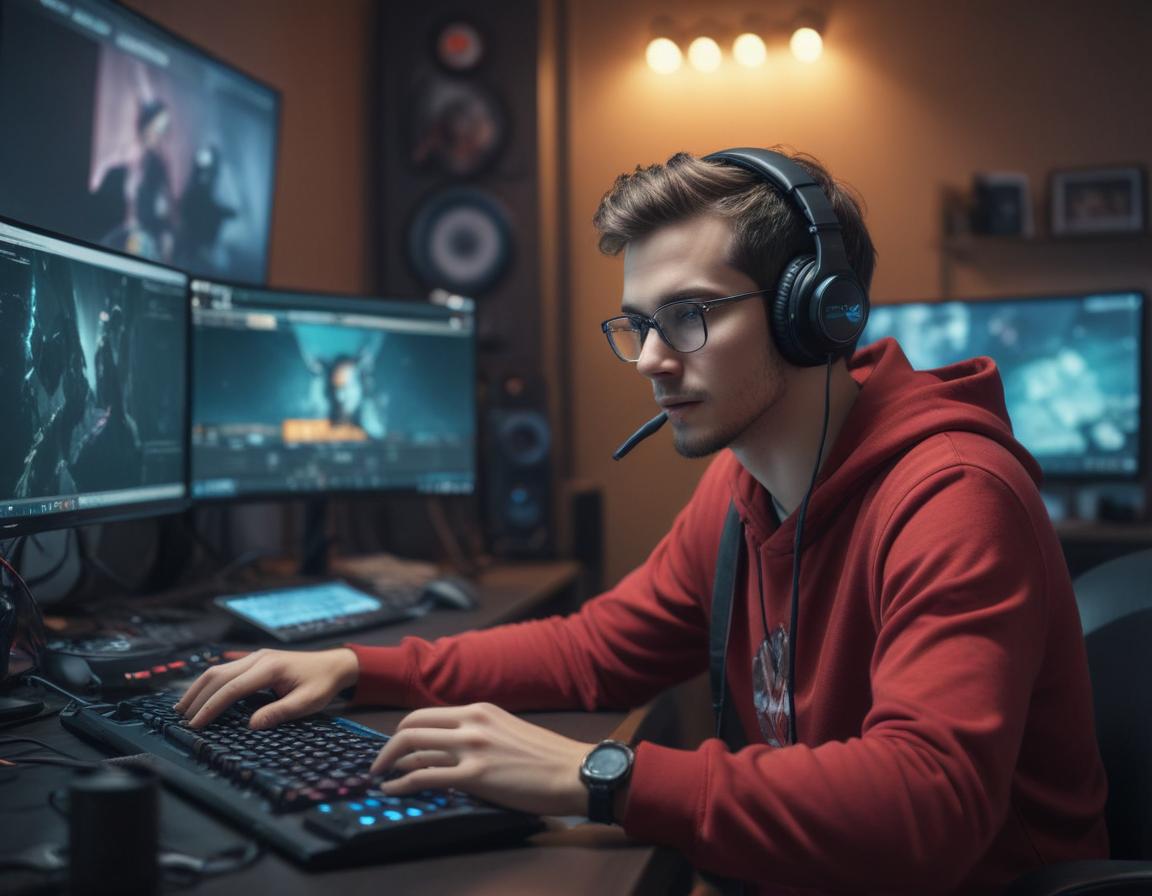
Moments like this prove the increasing power of online platforms in connecting entertainment and civic engagement. Polls conducted after the viral debate revealed that nearly 40% of viewers had learned something new about public policies. Moreover, many first-time voters—especially those aged 18 to 30—found politics entertaining enough to follow thanks to its pop-culture framing.
Think about traditional political programming. It’s often dry, overly complex, and designed for seasoned voters. In contrast, this fusion of entertainment and civic duty brought a fresh perspective, delivered in a fun and accessible way. Today’s younger generations are accustomed to consuming information through palatable, engaging formats like memes, commentary, and humor-laden dialogues. When politics enters their world—through gaming streams or TikTok challenges—it feels less like a lecture and more like a relatable conversation.
Campaigners and political figures stand to learn a lot from this evolution. By maintaining a more human approach, politicians can shed their often rigid image and connect with a younger audience that actively seeks authenticity. Better yet, relatable platforms not only make serious topics accessible but also bolster their chances of influencing public opinion and action.
The Future of Political Conversations
The implications of this trend go far beyond one viral moment. As younger generations develop their perspectives on crucial issues, they’re making it clear that they value authenticity and active engagement from their leaders. This means traditional campaign strategies may need an overhaul.
- Politicians may need to embrace digital platforms like Twitch, TikTok, and YouTube to capture attention.
- Live-streamed debates or Q&A sessions could become a significant tool for civic engagement.
- Issues presented in accessible, culturally relevant formats might directly influence voter turnout.
Of course, challenges remain. The fast-paced nature of digital debates can sometimes prioritize entertainment over nuance. Finding the balance between relatability and depth is critical for ensuring value-driven discussions occur.
Conclusion: A New Age of Influence
The new age of influence is transforming how political discussions take place. The unexpected collaboration between a streamer and a politician wasn’t just a meeting of two worlds—it was a blueprint for the future. By engaging younger voters in entertaining yet informative ways, we are seeing a shift in what civic engagement looks like in the digital age.
Whether it’s through memes, TikTok challenges, or livestreamed debates, the lines between entertainment and politics are blurring rapidly. Will this lead to better communication between public figures and their constituents? Time will tell.
Now, we want to hear from you: Do you think influencers entering the political arena is a good thing? Could this be a lasting shift in how we approach politics? Share your thoughts in the comments below!
“`

